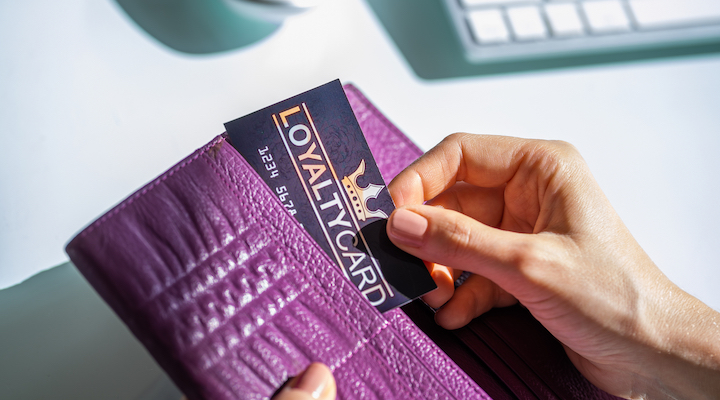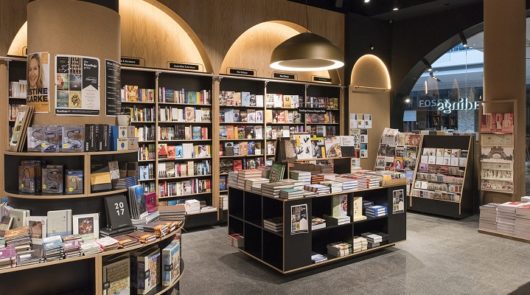Too many Australian retailers today are failing to take advantage of growing opportunities to better fulfil the needs of their customers.
As the cost of living continues to rise, the needs and behaviours of consumers are rapidly evolving. Retailers can no longer expect loyalty programs alone to serve as the basis for a secure and long-lasting relationship with their customers. As buyers become savvier with their spending options across multiple platforms, many regard loyalty membership as just another form of discount – meaning brands are going to need to do more than ever to hold on to their loyal buyers.
To encourage retailers to take advantage of the latest findings in Australian consumer research, Inside Retail has partnered with shopping app platform Klarna on a new consumer insight study – More than discounts and promises – detailing fresh points of focus for building stronger customer relationships.
According to the report, there are three powerful elements currently driving genuine, ongoing customer loyalty: the impact of emotional connections, the power of personalised service, and the engagement tools that can make the difference between retaining and losing a loyal customer base.
One key factor behind these shifts in consumer behaviour has been a general rise in the cost of living across Australian markets. Research shows that 89 per cent of Australians are experiencing stressful living circumstances, with cost being the single most common stressor in 48 per cent of cases. The net effect of these pressures is not favourable for retailers, with many consumers putting off their spending on non-essential items and treats. Retailers will need to pay close attention to their messaging if they want shoppers to weather the storm alongside them rather than seek better deals elsewhere.
One clear message is that doing good can be good for business. Despite the tough economic circumstances, 69 per cent of polled Australians started with a new brand as a result of admiring its social impact programmes, while 53 per cent vowed to boycott a brand they consider unethical. This clearly shows that the impact of emotional connections built around shared values cannot be ignored.
More effort is expected of brands than simply making a show of virtue – 55 per cent of shoppers expect clear evidence of the impact of brands’ socially responsible efforts, while 54 per cent will not support retailers perceived to be acting purely out of concern for their own publicity. Of particular impact for consumers are retailer efforts towards sustainability, which is a key component of their emotional connection to a brand.
“Consumers are increasingly voting with their wallets and leaving behind retailers that they perceive as being behind the times on ESG issues,” commented KPMG Australia head of retail Lisa Bora in the report. “Nearly two-thirds of consumers who were actively concerned about environmental impact say they are prepared to pay more to ensure they were buying sustainably.”
Further to these concerns, consumer expectations regarding personalisation now extend beyond the desire for their values to be recognised and supported to the manner in which retailers service them. In helping shoppers to minimise the effort it takes to find exactly what they want, personalisation has become one of the most powerful loyalty-building strategies available to brands.
This issue is particularly salient given that 76 per cent of retailers understand personalisation to be the most effective relationship-building strategy with consumers, while just 30 per cent of shoppers are satisfied by retailers’ current personalisation strategies.
High-ranking expectations amongst Klarna’s surveyed app users include relevant price-drop notifications (77 per cent), exclusive deals (74 per cent) and tailored product recommendations (51 per cent).
Almost 85 per cent of shoppers show greater loyalty to brands offering discounts, incentives, and rewards while marketing to them in a more personalised way.
Finally, the report examines engagement tools that can boost the effectiveness of loyalty programs, considering that while 76 per cent of shoppers expect such programs to be customised to their interests, only 37 per cent feel that they actually are. Klarna Australia research shows that a loyalty card support app is welcomed by consumers across broad demographics, while securely stored credit card details and integrated budgeting tool functions are of strong interest to such customers.
As customers continue to feel the constraints of their purchasing power and reconsider their loyalties to their preferred brands, retailers must keep abreast of current forces impacting the efficacy of their current programs or risk abandonment by their most loyal customers.
To download a copy of More than discounts and promises click here.






